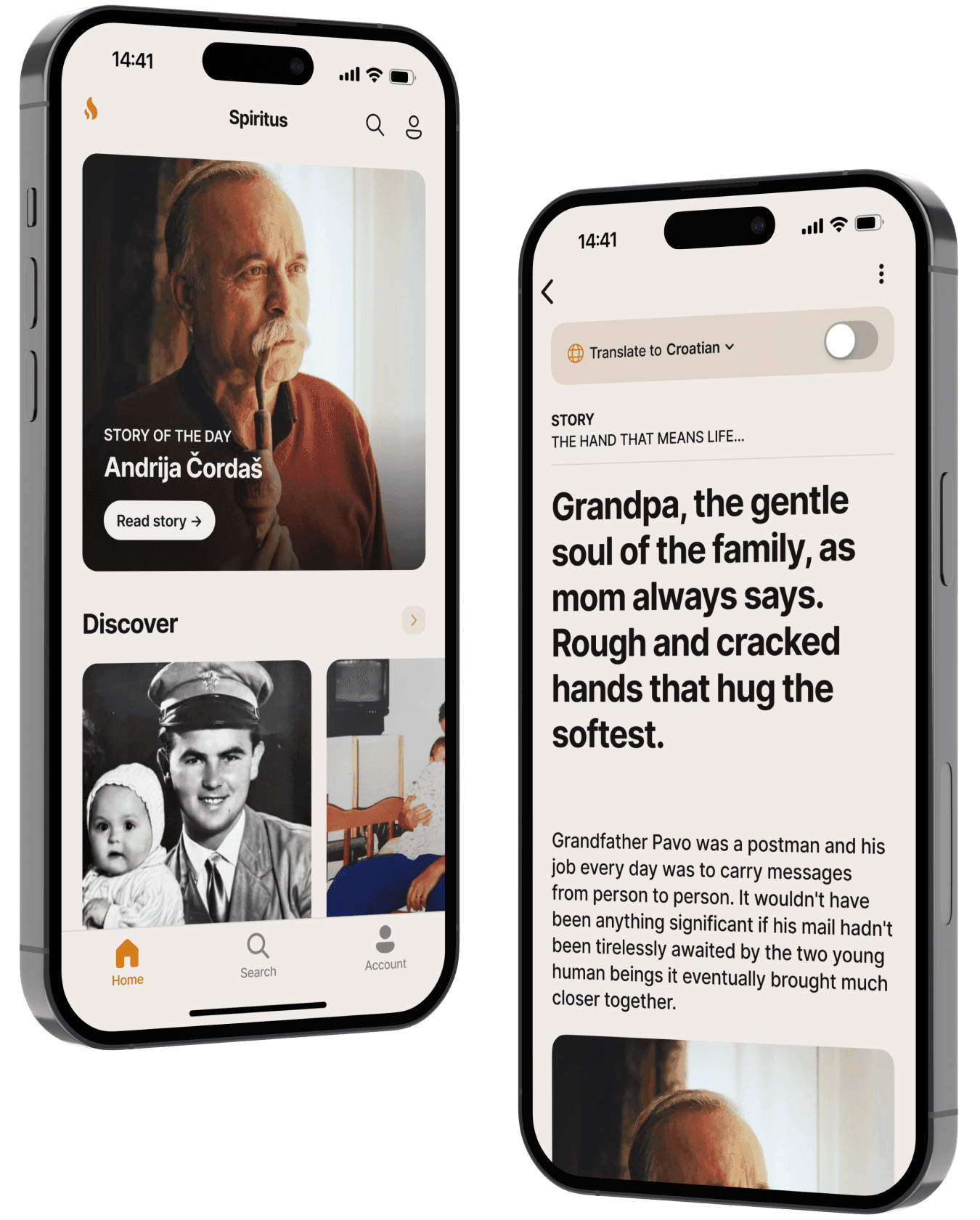When it ends
With his camera, Živko visited all major Croatian battlefields. He spread the truth with the film. The last frame of his life was the frame of his own death...
Živko was born in the family of Ivan, a policeman by profession, and Maria, a cleaner. At the age of four, he also had a sister, Jadranka. Children grew up happily playing on the streets of Zagreb. They spent their summers playing on the river Cetina and in their grandmother's stone house in Kučići.
He finished elementary school and high school in his hometown. Even as a high school student, he toured the city with a cheap camera. He photographed ordinary people in their everyday activities, saving small moments for eternity. He took pictures of people on the street, children in the sandpit, passengers on the tram, and sometimes his friends, of whom he had many.
Because Živko was a young man with a broad smile, incredible vitality and, as Maja Runja recalls, the Neretva warmth of his paternal ancestors in his eyes.
Although he lost his parents at an early age, and his life did not go according to plan, Živko passionately wanted to be a cinematographer. He studied philosophy and Croatian, fell in love with Platon and Pupačić, and waited patiently to be accepted to study filming at the Academy of Dramatic Arts.
Even during his studies, he developed into a versatile cameraman. He recorded many documentary shows, videos, commercials, and in the spring of 1991, he submitted his graduation thesis "High-definition television". But he did not have time to defend him.
From the window of his apartment in Zagreb's Zapruđ, he witnessed the tanks coming out of the then "Maršalka". In amazement, he ran with his camera to the road where outraged citizens were gathering. He witnessed the death of an unarmed man. Something broke in him then.
With his camera, Živko visited all major Croatian battlefields. He was on the front lines in Vukovar, Lipik, Pakrac, Vinkovci and Karlovac. He filmed soldiers under attack, injured civilians, destroyed homes and all the pain and misery caused by war. He became a journalist for the television agency WTN, and his camera became for many a window into the Croatian reality of suffering and destruction.
An event from November 1991 testifies to the importance of the painting. Živko spent that day in Osijek, filming the city. European observers reported that the city was peaceful at the time, until Živko showed footage of the destruction and injured civilians that evening. On that day, the first snow fell over Osijek, as a commissioned witness, which proved to the world public the time of the attack.
A hero of Croatian journalism, Živko never left the camera. She was his only tool and weapon, the device with which he transmitted and revealed the truth.
The final frame of his artistic life was the frame of death. Filming the destroyed Turanj in the suburbs of Karlovac, he also filmed his own death. In the frame, a destroyed house, the whistle of a shell and the impact on the ground.
And the camera defiantly continued to shoot... as if it wanted to say that this is not the end. Živko's recordings still bear witness to the truth about the destruction. He is also one of the heroes of Croatian Freedom.



